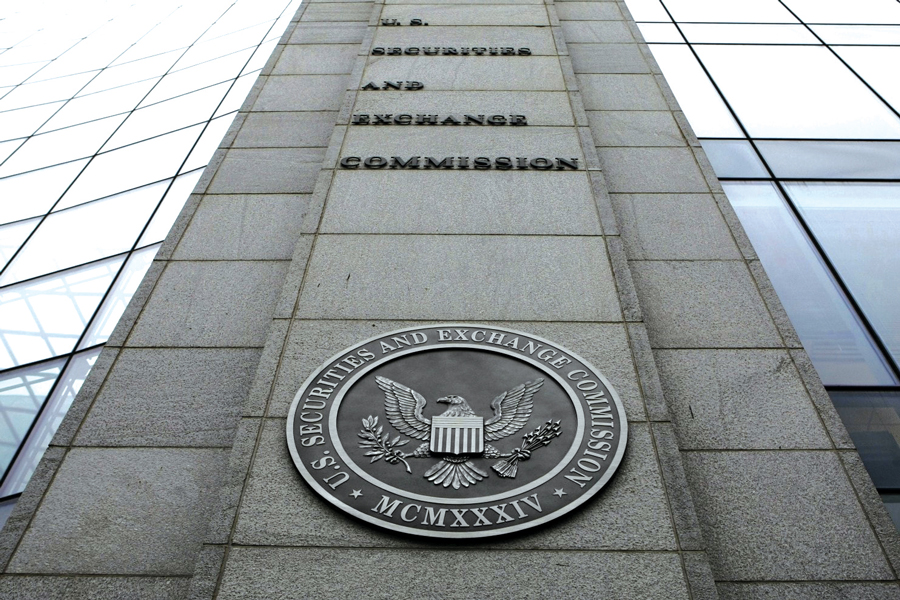

The Securities and Exchange Commission announced Wednesday that it imposed a total of $2.5 million in fines on J.P. Morgan Securities, UBS Financial Services Inc. and TradeStation Securities Inc. for deficiencies related to their efforts to protect customers from identity theft.
The agency alleged that each firm lacked adequate policies and procedures to detect and respond to ID theft in customer accounts between approximately January 2017 and October 2019. The agency also said the firms failed to update their programs to reflect changes in ID theft risk.
The SEC charged each of the firms with violating the Identify Theft Red Flags Rules, also known as Regulation S-ID, which was finalized in 2013. The agency fined J.P. Morgan $1.2 million; UBS $925,000; and TradeStation $425,000.
"Regulation S-ID is designed to help protect investors from the risks of identity theft," Carolyn M. Welshhans, acting chief of the SEC Enforcement Division's crypto assets and cyber unit, said in a statement. "Today’s actions are reminders that broker-dealers and investment advisers must design and operate identity theft prevention programs that are appropriately tailored to their businesses and update them in response to the increased threat and changing nature of identity theft."
The firms neither admitted nor denied the SEC’s findings. In addition to the penalties, they agreed to cease and desist from future violations of the SEC ID theft rule and to a censure.
UBS said it has fixed the problem the SEC case highlighted.
“UBS is pleased to have resolved this matter regarding certain aspects of its legacy Identity Theft Prevention Program,” UBS spokesperson Jonathan Humphreys said in a statement. “Protecting the privacy and security of our client data is of the utmost importance to UBS. The SEC did not find that any clients were impacted and acknowledged that UBS had made substantial enhancements to its program.”
Spokespersons for J.P. Morgan and TradeStation did not respond to requests for comment.
The SEC also found deficiencies at the firms related to service provider arrangements, staff training and the involvement of their boards in the oversight, development and implementation of an ID theft program.

While industry statistics pointing to a succession crisis can cause alarm, advisor-owners should be free to consider a middle path between staying solo and catching the surging wave of M&A.

New joint research by T. Rowe Price, MIT, and Stanford University finds more diverse asset allocations among older participants.

With its asset pipeline bursting past $13 billion, Farther is looking to build more momentum with three new managing directors.

A Department of Labor proposal to scrap a regulatory provision under ERISA could create uncertainty for fiduciaries, the trade association argues.

"We continue to feel confident about our ability to capture 90%," LPL CEO Rich Steinmeier told analysts during the firm's 2nd quarter earnings call.
Orion's Tom Wilson on delivering coordinated, high-touch service in a world where returns alone no longer set you apart.
Barely a decade old, registered index-linked annuities have quickly surged in popularity, thanks to their unique blend of protection and growth potential—an appealing option for investors looking to chart a steadier course through today's choppy market waters, says Myles Lambert, Brighthouse Financial.
